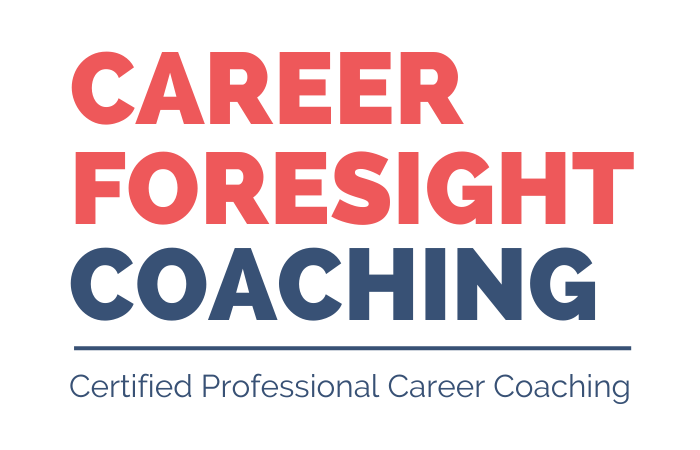How to Prepare for the Future World of Work
Listen to this episode!
In this episode:
Following up on last week’s episode about narrative foresight! The stories we tell ourselves and implicitly believe about work have huge implications on our day-to-day experience at work and our overall life satisfaction.
Narrative foresight is the practice of choosing which stories you use to make sense of your past, present, and future to lead to better outcomes.
In this episode, I’m teaching about two specific types of stories that tend to hold people back. “Disowned futures” and “used futures” stories are the most common types of thought patterns that hinder people’s ability to practice narrative foresight.
Disowned Future Stories
A disowned future story is what happens when we disregard ourselves as full, integrated people. Instead of envisioning a future that allows us to thrive, a disowned future envisions a future based on a specific part, skill, or achievement at which we excel. When we focus too much on how we can capitalize on our assets, we disown our true selves and the deeper desires that may exist.
Used Future Stories
Used future stories refer to outdated stories and assumptions. Or, making decisions based on stories that seem solid now, but are bound to change in the future for economic, ecological, technological, demographic or cultural reasons.
Disowned & Used Future Stories in Action
Research by Gallup found that 52% of people who voluntarily leave their jobs said that their previous employer could have done something to keep them. But most of them never had a conversation with their manager about what needed to change in order for them to stay.
That means that both the employee and employer could have benefitted if they had taken the time to have an honest conversation about making a change. They could have avoided a lot of stress in the process, because, as you know, turnover is a big problem for companies and starting a new job is a stressful life event for any person.
So why aren't employees willing to initiate these conversations with their employers?
It likely has something to do with the story they're believing. These stories might look like one of these examples:
This company is stuck in its ways. They'd never adjust this position to be more in line with my strengths.
I'm burnt out. But if I tell my boss, they might start looking for my replacement.
My manager doesn't recognize my skills or listen to my personal career goals. If I want to honor those, I'm going to have to start over at a new company.
Foresight researchers Ivana Milojevic and Sohail Inayatullah have found that narrative foresight is effective but rarely practiced. The main reason is that the majority of the population doesn't recognize how significantly they are influenced by cultural stories and the status quo.
They write, "Most people believe that they are perfectly rational agents whose views are based on impermeable logic, ‘common sense’ approaches or methodologically rigorous study. They--we--do not believe that our thoughts are anything else but an accurate reflection of objective reality.”
Simply put, we typically can't see our own biases. Even if we are able to recognize our bias, it's very challenging to change them because we don't usually see the stories and assumptions that have created them. How can you choose a better story when you aren't aware of the current one?
This is why foresight is so critical. Instead of looking at your current situation or your past to figure out what's holding you back, foresight looks to the future. You get to envision what success and freedom look and feel like for you. Then, working backward, you can strategize how you will get there.
Tips for Avoiding Disowned and Used Future Stories
How do you ensure against disowned futures? Acknowledge and respect your values, interests and dreams. Explore how you can make them part of your career. If something doesn't fit into the parameters of your work, consider how you can bring it to life through play, volunteerism, or a side project.
The main caution of used futures is to protect yourself from making decisions that might pigeon-hole you into a future you can't predict. Your foresight practice won't be effective if the future you imagine in based on the assumption that the world will stay the same.
The world is always changing, including the working world. Open your eyes to the changes afoot and consider how they may create opportunities for you. After reading this chapter, you may become more aware of how negatively our culture talks about change in the working world. News and media have a way of fear-mongering, and people who don't have the foresight to know how they will adapt to those changes tend to pile on.
If you hone the narrative you believe about work to include a future that has an opportunity for you--even if uncertain--you'll find greater peace, awareness and contentment than the majority of the population. And when the current norms of work transform, you'll be ready.











